Huh?
No worries about what these things are called, but these tricks can be helpful when searching OneSearch, Library Databases, and even Google!
Peanut butter AND jelly= Searches for both concepts
Peanut butter OR jelly= searches for peanut butter OR jelly- only one of the 2 needs to be present in the results
Peanut butter NOT jelly= Excludes jelly- like if you are really exclusively trying to get to peanut butter, but get irrelevant results about the sandwich.
"Peanut butter" = Searches for these two words together. In the above example (without the "") the system might give you results like:
Peanut agriculture vs the butter industry
"" is helpful when there's a concept that is 2 or more words.
"peanut butter sandwich*"
This will include any letters that might come after sandwich like sandwiches
Another example: liter* (literacy, literature, literate, etc.)
Below are a few examples of advanced searches. In the first box, consider the topic is:
How is corruption represented in either of the films Chinatown or Inherent Vice?
Notice how it is broken down into 3 concepts using just the essential keywords:
| chinatown OR "inherent vice" |
| corruption |
| film |
|
"mulholland drive" |
| dream* |
| imagery OR symbol* |
| "mulholland drive" |
| doubling OR dualit* |
| film |
| "film noir" |
| dream* |
| imagery OR symbol* |
The filters shown below are in OneSearch, but databases tend to have at least some of these options, particularly filters for date and peer review.
Not highlighted here is the citation feature, usually indicated by a " symbol in academic databases. Use this to copy/paste citations in the preferred citation style. BUT be warned that the citations often have mistakes, so double-check before submitting your assignment. It can at least save you some time from doing the citation from scratch.
A Subject Heading is defined as the most specific word or group of words that captures the essence of the subject or one of the subjects of a book or other library material. Most subject headings in the Library systems come from the Library of Congress Subject Headings controlled vocabulary.
They can help you find more resources because when you click on them you will see all the other things the Library has that have the same subject heading.
You can think of them like hashtags # in social media- when you click on one, you see all the other posts that have the same #.
The methodology is usually mentioned in the following places:
If you are unable to find that information, or are unsure and the piece is popular (usually a well known book), you can google the book and/or the author to understand their methodology.
Google Search example:
Once you know what a specific methodology is called, you can use that as a keyword in OneSearch or the databases
example: critical fabulation (one of the method's Hartman uses)
You can explore history methodologies from some of these books, the Sage Research Methods database, or googling "history methodologies".
